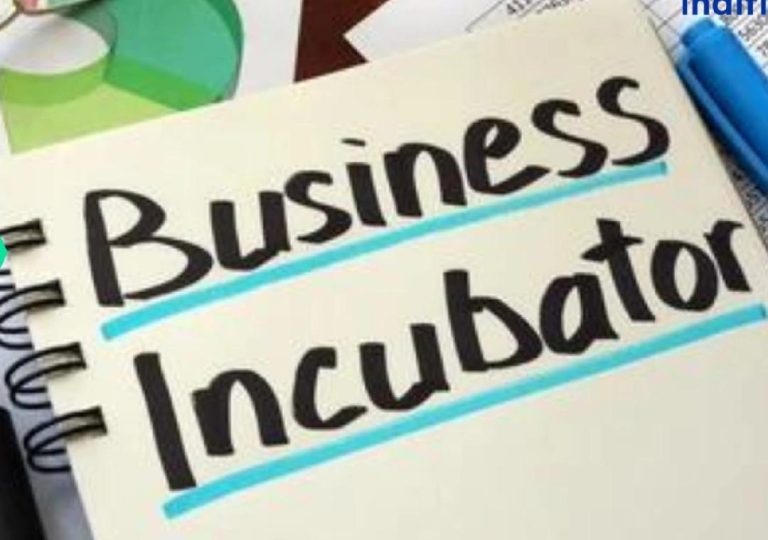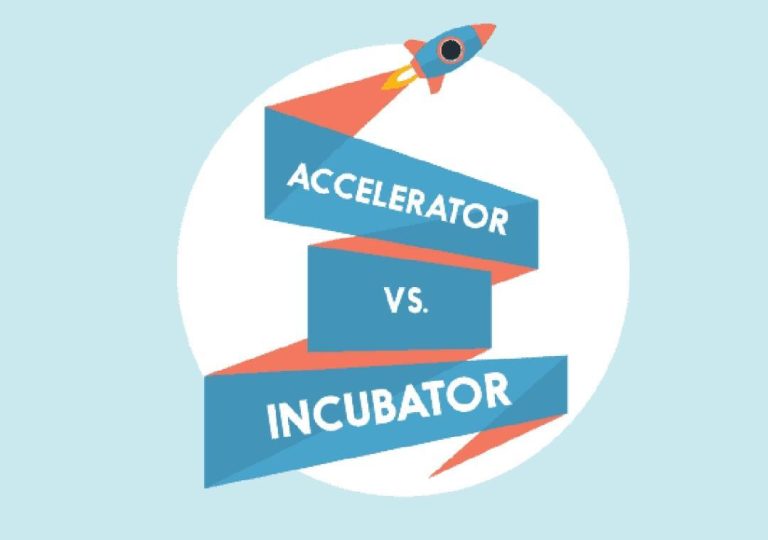
AI, Creators & Tier-2 Cities Power India’s Startup Growth
India’s startup ecosystem has been on a rapid growth trajectory, with a plethora of innovative ventures emerging across the country. A recent report by Meta-A&M reveals that the Indian startup scene is being driven by several key trends, including AI adoption, omnichannel models, expansion into Tier-2 and Tier-3 cities, and creator-driven branding. These trends are not only transforming the way startups scale and connect with users but also reshaping the very fabric of the Indian startup ecosystem.
AI Adoption: The New Normal
According to the report, an astonishing 70% of Indian startups are leveraging artificial intelligence (AI) to drive their business operations. This adoption of AI is not limited to large enterprises, but is also being seen among smaller startups, who are using AI-powered tools to streamline their operations, improve efficiency, and enhance customer experiences. The widespread adoption of AI is a testament to the growing recognition of its potential to drive business growth and innovation.
Omnichannel Models: The Way Forward
Another key trend that is gaining momentum is the adoption of omnichannel models by Indian startups. Omnichannel marketing involves creating a seamless customer experience across multiple touchpoints, including social media, email, SMS, and in-store interactions. The report reveals that 67% of Indian startups are now adopting omnichannel models to engage with customers, personalize their experiences, and drive conversions. This shift towards omnichannel marketing is a significant departure from traditional siloed marketing approaches and is expected to become the new norm in the Indian startup ecosystem.
Tier-2 and Tier-3 City Expansion: The Next Frontier
While the startup ecosystem in Tier-1 cities like Bengaluru, Delhi, and Mumbai has received significant attention, the report highlights the growing importance of Tier-2 and Tier-3 cities in India’s startup landscape. A staggering 95% of Indian startups are now targeting smaller cities, recognizing the vast potential of these markets. The expansion into Tier-2 and Tier-3 cities is driven by factors such as lower costs, access to a larger talent pool, and a growing consumer base.
Creator Economy: The Rise of Influencer Marketing
The report also sheds light on the growing importance of the creator economy in India’s startup ecosystem. Eighty-eight percent of Indian startups are now partnering with influencers early on in their marketing strategies, recognizing the immense value they bring to the table. Influencers are not only helping startups reach a wider audience but also providing valuable social proof and credibility to their brand. The creator economy is expected to play an increasingly important role in shaping the future of Indian startups.
Implications for Startups
So, what does this mean for startups in India? The report’s findings have significant implications for businesses looking to scale and grow in the Indian market. Here are a few key takeaways:
- AI adoption: Startups should prioritize AI adoption to drive efficiency, improve customer experiences, and stay ahead of the competition.
- Omnichannel marketing: Startups should focus on creating seamless customer experiences across multiple touchpoints to drive conversions and build brand loyalty.
- Tier-2 and Tier-3 city expansion: Startups should consider expanding into smaller cities to tap into untapped markets and access a larger talent pool.
- Creator economy: Startups should partner with influencers early on to reach a wider audience, build brand credibility, and drive conversions.
Conclusion
India’s startup ecosystem is undergoing a significant transformation, driven by AI adoption, omnichannel models, Tier-2 and Tier-3 city expansion, and the creator economy. These trends are not only reshaping the way startups operate but also opening up new opportunities for growth and innovation. As the Indian startup ecosystem continues to evolve, it will be exciting to see how these trends shape the future of entrepreneurship in the country.






